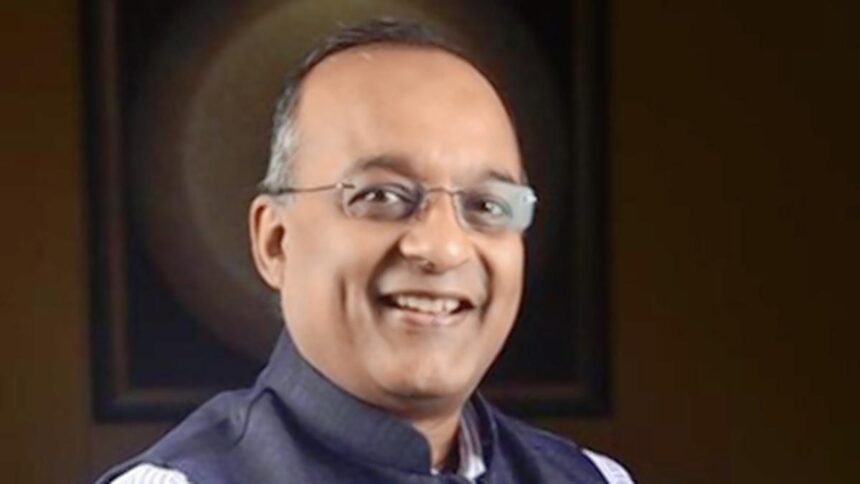The story so far: Indian broadcasters have complained of mounting dues from distributors in Nepal and Bangladesh, The Hindu reported in August. Over ₹350 crore in dues from the two countries remain unpaid since 2023.
Do Indian channels air in Nepal and Bangladesh?
Indian entertainment channels, particularly in Hindi and Bengali, are widely popular in Nepal and Bangladesh. A list of available channels in Nepal Telecom’s list shows options from Zee, Star, Sony and Viacom, and similar options are available on Bangladeshi TV distributors’ networks. Like in India, some of the Indian channels are available with basic packs, and others are available with add-ons. Nepal and Bangladesh receive a separate feed of Indian channels, known as a “clean feed”. This is because ads on channels in India may be for products or variants of products that are unavailable in those countries. Channels typically spend extra to create this separate feed, and uplink it to satellites or cable providers licensed to operate in Nepal and Bangladesh (India has similar uplinking and downlinking regulations). As these are international deals, Indian broadcasters typically charge dollars from foreign countries where their feeds are played.
Nepal and Bangladesh, like India, have extensive broadcast regulations, particularly targeting foreign broadcasters. Bangladesh, for instance, requires foreign broadcasters to use satellites that are controlled by local firms, an expensive prospect. Similarly, Nepal abruptly introduced its à-la-carte channel bundling rules for cable operators practically overnight in 2023, with rules that matched India’s New Tariff Order, but with none of the notice, sending foreign broadcasters into a tailspin to comply.
Why are Nepal and Bangladesh firms not paying Indian broadcasters?
Payment issues are not uncommon for Indian firms operating in these countries. In Bangladesh, for instance, Adani Power was not paid for months on end after the ouster of former president Sheikh Hasina. Nepalese telcos faced a payments crisis with Airtel, whose terrestrial cables provide a large portion of the country with Internet, in 2023.
In Bangladesh’s case, the economic fallout of Ms. Hasina’s ouster has led to the country prioritising key areas for clearing dues and investing limited funds, one broadcasting executive told The Hindu. Media and entertainment, as it turns out, has not been a key priority area, with the country choosing to focus funds it received — including from a recent World Bank loan — in medicine and electricity dues, among other things.
Both countries, however, have an added complication — their respective governments have to approve the issue of foreign exchange that companies need to make good on these deals. As such, even when a distributor is good for the money, stonewalling from the ministry or central bank has led to payments stopping, another executive told The Hindu.
As a result of these factors, both countries’ distributors owe above ₹350 crore to Indian firms. Nepal owes ₹100 crore while the rest of the amount is due from Bangladesh. While a prime ministerial visit to India by Nepal was due, Nepal Prime Minister K.P. Sharma Oli resigned in the wake of mass protests in September, increasing uncertainty for all businesses as the interim government works toward a fresh election.
Can broadcasters cut off their feeds?
Unlike Adani Power and Airtel, broadcasters don’t have much leverage over defaulters in foreign countries. Airtel provides Nepal with Internet access, which the landlocked country cannot obtain from an undersea cable. Adani Power’s electricity transmission lines literally keep the lights on. Both of these firms can throw these countries into chaos if they cut off access.
Broadcast executives worry, however, that if they cut off their clean feeds, Nepalese and Bangladeshi TV distributors would simply buy an Indian satellite TV receiver, and pirate the feed from there. This has happened before, and entering these markets legitimately with a fee was already a huge challenge. Doing so all over again would be a tall order, they complain. Nepalese cable operators have openly flouted Indian broadcasters’ intellectual property rights by simply covering up a pirated feed’s logo and replacing it with their own, one broadcaster complained.
Same in Pakistan and Afghanistan, where Indian broadcasters have not been operating for years.
International agreements like this typically have an arbitration clause, but broadcasters have little confidence in the legal systems of the two countries to be able to enforce such arbitral orders.
Executives have also complained of Indian diplomatic missions’ limited influence in urging foreign governments to clear these dues. India maintains an extensive diplomatic presence in both Dhaka and Kathmandu, with economic and cultural attachés, one executive said, but companies often find themselves fending for themselves, or if they have a foreign shareholder, trying their luck by making representations to diplomats of that country.
Published – October 01, 2025 08:30 am IST























